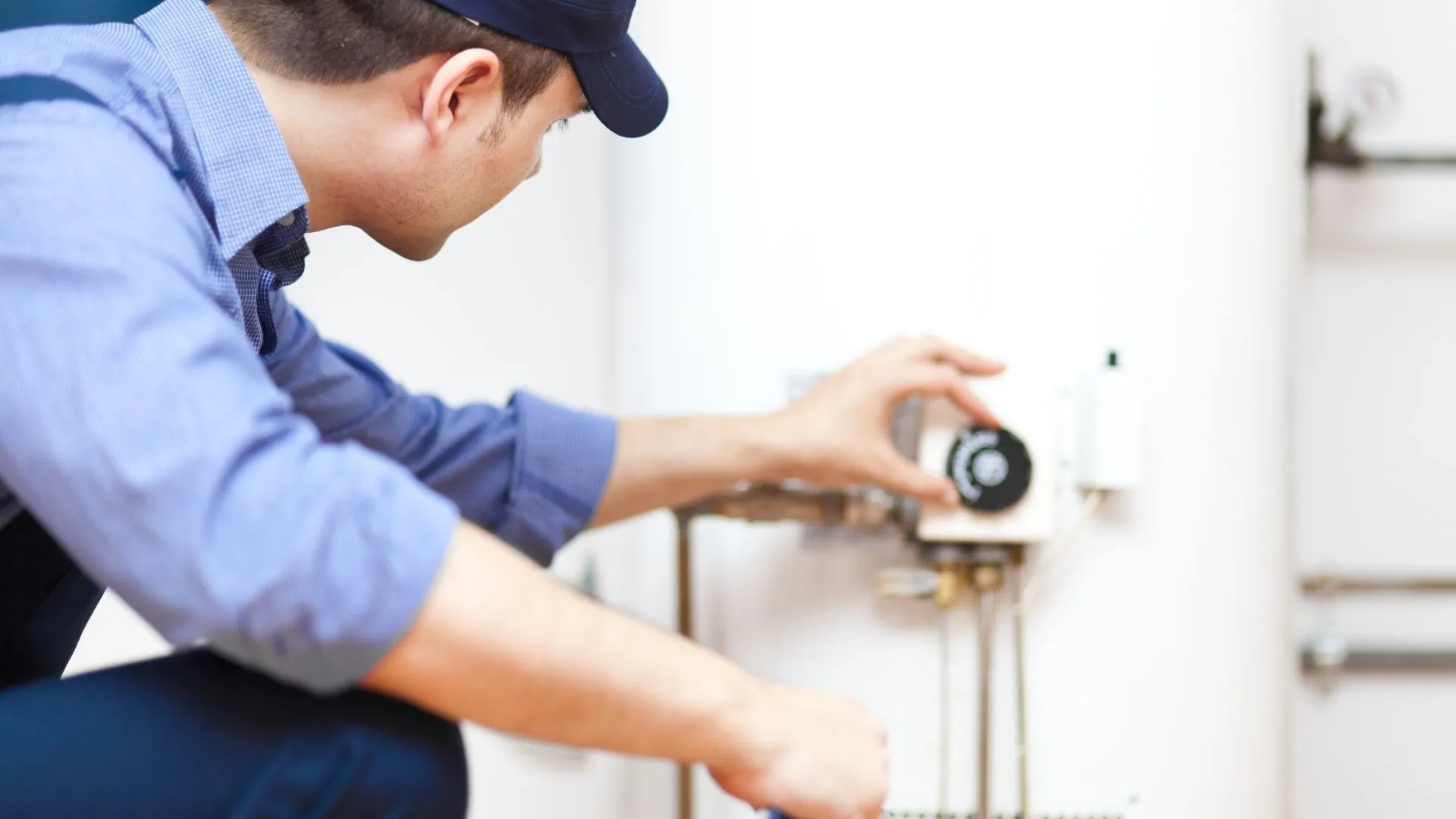When your hot water heater breaks, it's time to decide, is it worth repairing or replacing?
Life expectancy of a water tank is typically 10-15 years, this varies with location of unit, maintenance schedule, quality of installation and water quality.
Depending how old your current water heater is and if it's leaking around the base or isn't working consistently, it could be time for a replacement. In some cases troubleshooting and repairs can save your current water heater.
A simple cost-benefit analysis to determine if you should repair or replace your tank is the 50% rule. The 50% rule states that if any repair costs 50% of what what it would cost to replace, then you should replace it, rather than repair it. However, even if the current repair does not add up to 50% of a new unit, keep in mind the frequency of repairs and your water heater’s age.
WATER HEATER REPLACEMENT
Over time, water minerals react with steel, corroding water heater tanks. When water heaters spring a leak, repair isn’t an option. Modern water heaters are far more energy-efficient than older models, new glass liners make tanks less prone to corrosion. Choosing to upgrade gives you the option of getting a larger tank or other tank options. The biggest pro of all is the energy efficient models available, which can cut down on expenses.
Tankless, heat pump, and solar water heaters offer even bigger savings to your pockets and can even qualify for a federal tax credit. These products are a larger investment for purchase and installation, so consider payback carefully.
"WATER HEATERS, BY THEMSELVES, TEND TO BE THE THIRD LARGEST ENERGY USER IN THE HOME, BEHIND HEATING AND COOLING." - ENERGYSTAR.GOV
WATER HEATER REPAIR
Prolong the life of your water heater by having a professional company flush the system once a year. Doing this will help get rid of collected sediment that causes corrosion and increase efficiency. Test the pressure relief valve by lifting the valve’s handle and letting it snap back. This should release a burst of water into the overflow drainpipe. If it doesn’t, install a new valve. Lastly, lower the temperature setting on the thermostat to 120 degrees Fahrenheit. This reduces damage to the tank caused by overheating.
If the tank itself is leaking, a replacement is usually recommended. If the leak is coming from elsewhere it may be repairable.
With either option, make sure to maintain your water heater regularly, doing this will extend the life of your unit and save time, money and hassle in the future.

At True Plumbers and AC, we can assist in finding out the current condition of your tank as well as help repair or upgrade.
We proudly offer our services to properties in Plant City, Lakeland, Winter Haven, and nearby areas in Central Florida.



Thanks for your comment!
Thanks for your feedback! Your comments have been successfully submitted! Please note, all comments require admin approval prior to display.
Error submitting comment!
There is a problem with your comment, please see below.